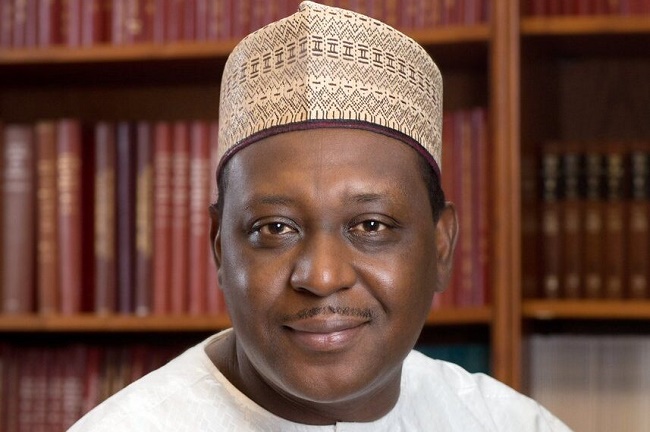Health experts and civil society organisations have welcomed the N300 billion additional allocation to Nigeria’s health sector in the 2025 budget.

In an interview on Friday, February 14, 2025, in Abuja, the experts emphasised the need for transparency, efficient fund utilisation, and alternative financing to prevent future disruptions in healthcare services.
The Senate approved this allocation to offset the funding gap created by the suspension of U.S. foreign aid.
This aid had previously supported key health programmes such as HIV/AIDS, Tuberculosis, Malaria, and Polio interventions through PEPFAR and USAID.
This decision followed the U.S. government’s halt of foreign aid disbursement, affecting critical health programmes.
Dr John Anyebe, a Public Health Specialist, said, “The increase is a positive step, but funding alone is not enough.
“There must be a clear strategy to ensure the money reaches the right programmes and populations without leakages or mismanagement.”
He highlighted the need for strengthened monitoring mechanisms to ensure effective use of funds.
Dr Abigail Banji, a Health Economist, stressed the importance of reducing dependence on foreign aid. “Relying on donor funding is not a sustainable model.
“Nigeria must invest in domestic health financing mechanisms, such as public-private partnerships, health insurance expansion, and increased taxation on harmful products like tobacco and alcohol,” she said.
Mrs Oyeyemi Pitan, Executive Director of Gem Hub Initiative and Co-Convener of the Joint Learning Agenda for UHC in Nigeria, stated, “The government must ensure these funds reach rural communities where healthcare access is weakest.”
According to her, without a clear plan for equitable distribution, the impact will be minimal.
She also advocated for a comprehensive tracking system to monitor the expenditure of the N300 billion.
Patient advocacy groups also raised concerns about potential challenges to HIV/AIDS treatment programmes in spite of the increase, particularly with PEPFAR-funded interventions still uncertain.
Mrs Joy Kwande, Founder of the Joyce Kwande Foundation, highlighted that millions of Nigerians depend on antiretroviral drugs (ARVs) supported by PEPFAR.
“If the government is serious about taking over funding, it must provide a detailed plan to ensure no treatment gaps,” Kwande said.
She added that ramping up local production of HIV test kits and ARVs would require significant investment in manufacturing capacity and logistics.
By Abujah Racheal
